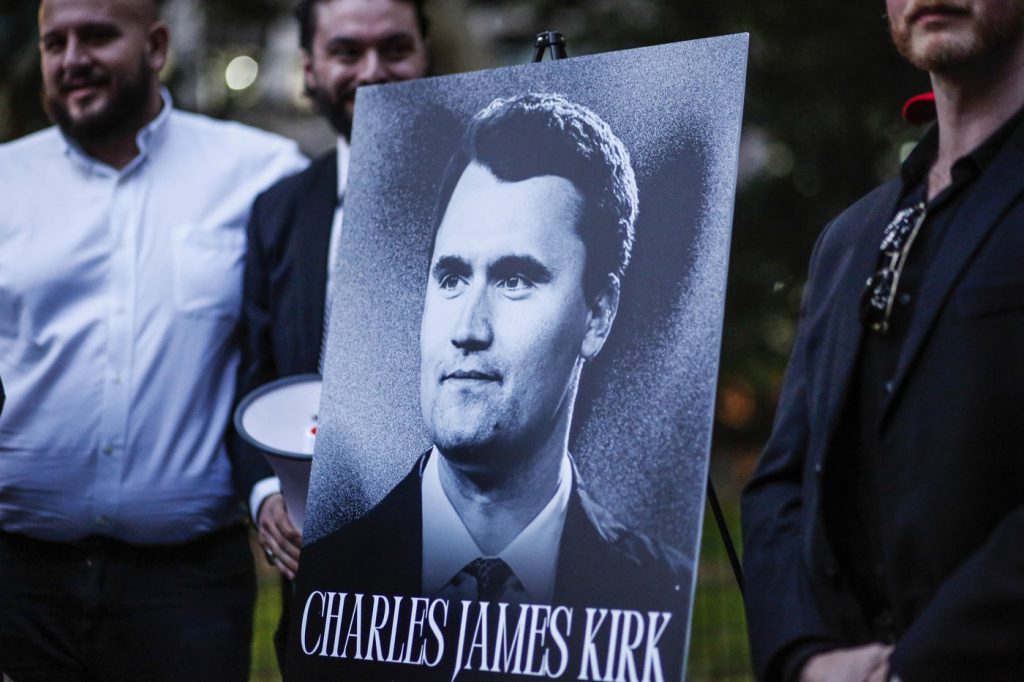The University of Toronto has confirmed that it took prompt action after discovering "concerning social media posts" made by one of its professors. This faculty member, Ruth Marshall, has been placed on administrative leave and is no longer present on campus. The university's response comes after Ontario's Colleges and Universities Minister, Nolan Quinn, highlighted Marshall's controversial remarks following the assassination of Charlie Kirk, a well-known conservative influencer and CEO of the organization Turning Point USA.
Reports indicate that Marshall made a post suggesting that the shooting of Kirk, who was shot dead on Wednesday while speaking at an outdoor event at a Utah college campus, was "too good for fascists." This statement reportedly incited significant backlash, prompting Quinn to publicly criticize her comments on Thursday. He emphasized that universities and their professors should encourage critical thought and foster respectful debate, stating that such "violent rhetoric" contradicts the foundational principles of educational institutions.
Quinn's condemnation was directed towards the University of Toronto, insisting that they take appropriate action in response to the professor’s remarks. In a statement on Saturday, the university confirmed it was aware of the concerning posts and acted immediately. While they acknowledged Marshall's administrative leave, they did not provide further details regarding the investigation into the matter.
Marshall serves as an associate professor of religion and political science at the University of Toronto. As of now, she has not responded to requests for comment from The Canadian Press. The situation surrounding her posts has sparked discussions about the responsibility of educators and the impact of their statements on social media.
In addition to Marshall's case, other Canadian public figures have faced scrutiny for their online comments following Kirk's assassination. Notably, Nahanni Fontaine, the Families Minister in Manitoba, found herself under fire for sharing a post that labeled Kirk as racially insensitive and a proponent of white nationalism. Fontaine’s post stated there was no empathy for Kirk, except for the feelings of his children.
After facing backlash for her comments, Fontaine deleted the post and issued a brief apology, asserting that violence has no place in a democratic society. Despite calls for her resignation from the Opposition, Manitoba Premier Wab Kinew has expressed his support for Fontaine, indicating a desire to guide her in fostering unity rather than division within the community.
This incident reflects broader debates around the conduct of academic professionals and the implications of their social media activity. The University of Toronto and the Manitoba government’s handling of these situations may set precedents for how educational institutions and public officials engage with controversial social or political issues in the future.












